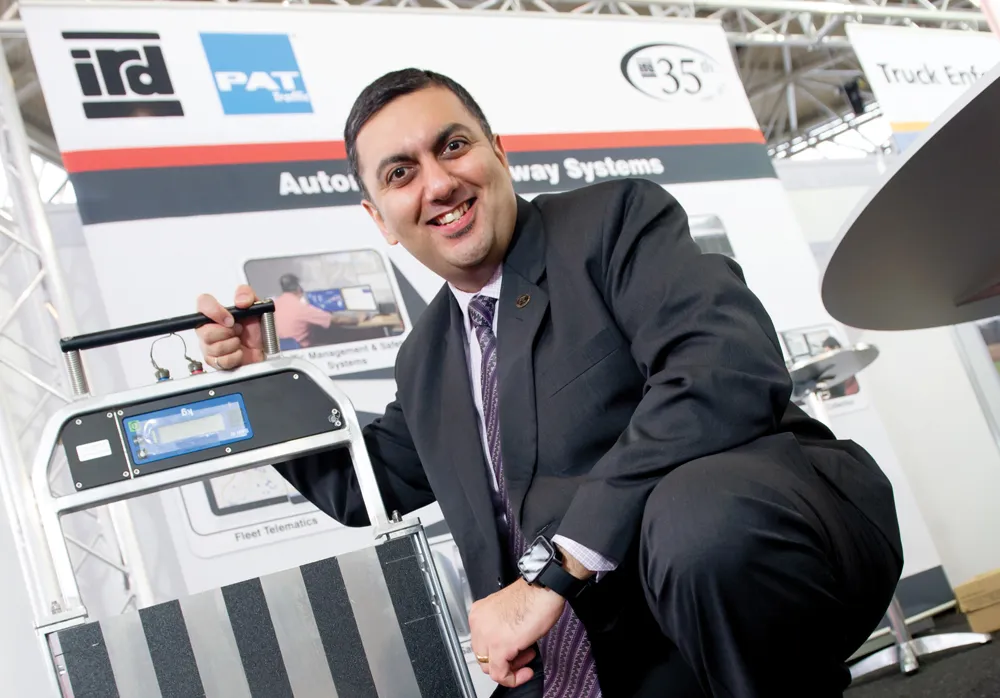Wabtec Corporation has signed contracts worth about US$45 million Metra and Parsons Transportation Group (PTG) to provide equipment and services for a Positive Train Control (PTC) system for the Northeast Illinois Regional Commuter Railroad Corporation (Metra).
Metra operates commuter rail service in Chicago and its surrounding suburbs, serving more than 100 communities at 241 rail stations, with a fleet of 146 locomotives, 843 passenger cars and 185 electric-propelled cars.
Under the contracts, Wa
December 18, 2015
Read time: 2 mins
Metra operates commuter rail service in Chicago and its surrounding suburbs, serving more than 100 communities at 241 rail stations, with a fleet of 146 locomotives, 843 passenger cars and 185 electric-propelled cars.
Under the contracts, Wabtec will provide interoperable electronic train management system (I-ETMS) equipment, including kits and replacement components. In addition, Wabtec will provide its TMDS back office system, as well as track data, training and related services. Metra’s PTC system will be fully interoperable with PTC systems being implemented by Class I railroads in the US.
Raymond T. Betler, Wabtec’s president and chief executive officer, said: “We have worked with Metra for several years to develop and design their PTC program, and we are pleased to help in its implementation. Wabtec continues to demonstrate a unique and industry-leading ability to assist customers in meeting their PTC requirements.”
Betler also commented on the recent passage of the U.S. transportation funding bill, a five-year bill now known as the Fixing America’s Surface Transportation (FAST) Act: “The new bill includes several provisions that should be good for the U.S. transit industry and, therefore, for Wabtec. For example, this is the first multi-year bill passed in a decade, and that means transit agencies should have a longer-term planning horizon for potential projects. In addition, the bill calls for a 10.2 percent funding increase in year one and further increases in future years. When coupled with our strong backlog of transit projects around the world, the new bill is another reason to be optimistic about Wabtec’s long-term growth opportunities in the transit market.”









